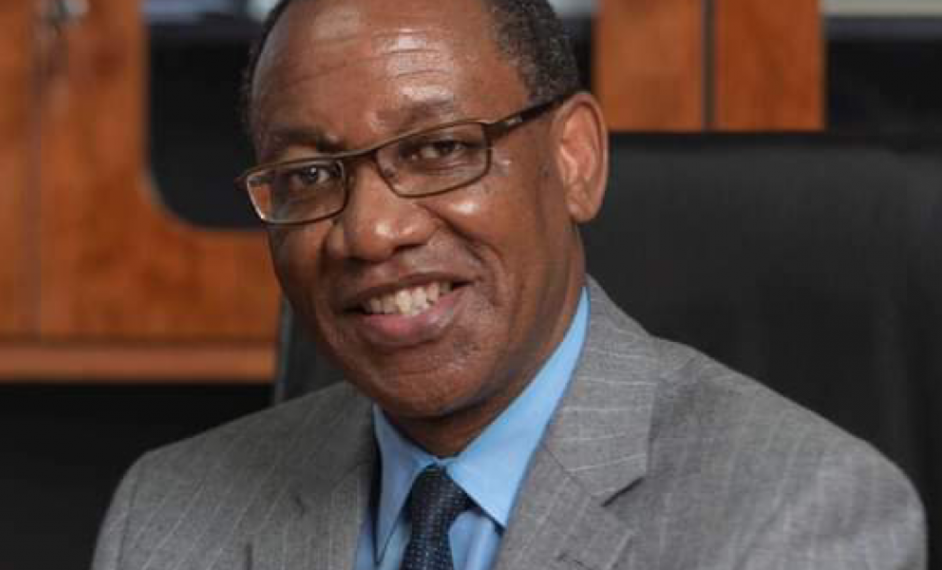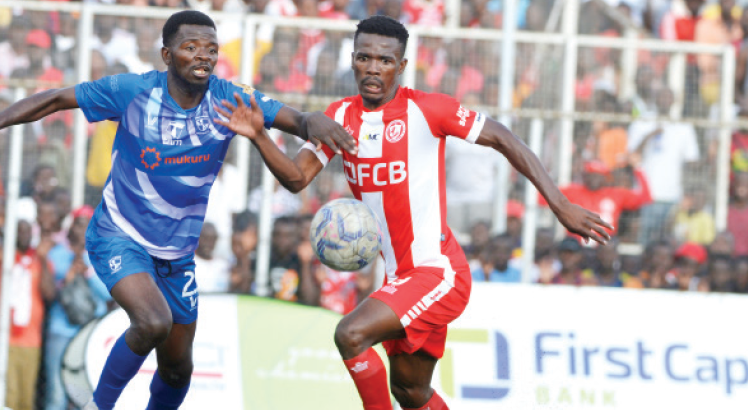‘We are not an ambitious footballing nation’

While a number of teams in the region have made strides by organising international friendly matches against world football powerhouses, lack of resources restricts the Flames to playing fellow minnows, a development that has contributed to their stagnation.
In the recent past, southern Africa countries such as South Africa, Zimbabwe, Tanzania, Angola and, more recently Zambia, have been able to court global giants such as Brazil, Portugal and Turkey in the quest to improve on tactical discipline.
FAM and some soccer pundits have said Malawi is not ambitious enough to scale such heights.
Last week, Zambia’s Chipolopolo’s dream dance with the Samba Boys from Brazil came to fruition in an all-expenses-paid-for high-profile friendly match which was played in Chinese capital Beijing.
Two years ago, Zimbabwe and Tanzania secured friendly matches against the record five-time world champions, Brazil, which saw them reap huge benefits, both on and off the field. Angola also played Brazil and Portugal in 2004 and barely a year later, they defied the odds to qualify for the 2006 World Cup.
Zimbabwe and Tanzania paid Brazil a whopping $750 000 [about K301.5 million at present rate] and $2.2 million [about K444.4 million] for friendly matches respectively.
Football commentator and marketing consultant Felix Ngamanya-Sapao and local players’ agent Kondi Msungama said the Flames’ dream to court global giants such as Brazil cannot materialise due to lack of ambition, commitment and proper set-up in terms of marketing.
“We are not ambitious enough to build a strong team compared to other countries in the region such as Zambia, Zimbabwe, Angola and Tanzania who are investing a fortune in football and they are benefiting,” said Sapao.
He said for Malawi to secure high-profile games, there is need for government commitment and involvement of international agencies.
Sapao also said while Football Association of Malawi (FAM) is not doing enough to woo corporate sponsors to come on board and sponsor national teams, they are not solely to blame.
“There would also be need for government commitment like is the case in the mentioned countries where they facilitate deals with the corporate world in return for incentives such as tax waiver,” said Sapao.
He cited Zambian coal mining companies and CBZ Bank, NetOne and Zimplus involvement in Chipolopolo and Warriors’ causes.
FAM president Walter Nyamilandu admitted that Malawi is losing out big time by failing to play big teams and cited the hefty appearance fees which big teams demand, as the major stumbling block.
“Other countries are able to successfully arrange high-profile friendly matches because their respective governments, with the help of the corporate world, pump in a lot of resources. Honestly, we envy our counterparts, in particular Zambia, because they are reaping from what they sowed,” said Nyamilandu.
“It is about what the economy can offer to sports in general and [here] the response is lukewarm. It is also about what we can offer as a country to attract big teams. We need to have attractive policies. The challenge has always been that there are no incentives for them to come on board and as I have always said, the corporate world feels the national team is more of a government asset and, therefore they are reluctant to come in,” he said.
But the FAM president said with the employment of a new marketing head, they are on course to land a corporate sponsor for the Flames through replica jersey advertising.
However, principal secretary in the Ministry of Youth and Sports Justin Saidi said government tries its best to assist the Flames.
“What we are saying is that FAM should be able to meet us somewhere. They should not look up to government alone, but rather they should intensify their marketing drive so as to be able to woo the corporate world to co-sponsor activities of the national team. I believe that is what happens in other countries,” said Saidi.
The man who negotiated Zimbabwe and Tanzania games against Brazil, Paul Leisegang of sports agency Kantaro, was quoted by Goal.com recently, saying such friendlies play an important role in many ways such as organisation, tactics and confidence.
Former Zimbabwe captain Benjani Mwaruwari, who was based in England when the Warriors faced Brazil, said the friendly match meant a great deal to the team, who savoured the opportunity to face such quality opposition.
“It means a lot for us to play Brazil because such things do not happen too often and the world’s number one-ranked team does not usually play against teams that are ranked as lowly as we are right now and it takes a lot of effort from all stakeholders, especially government, the FA, agents and the corporate world,” Mwaruwari was quoted as saying by The Herald of Zimbabwe.






Malawians in general are just not up to snuff. They suffer from the “Victim Syndrome” Its a shame that the potential is there but the people just like to be phwii!!!!
‘We are not an ambitious footballing nation’ |The Nation Online